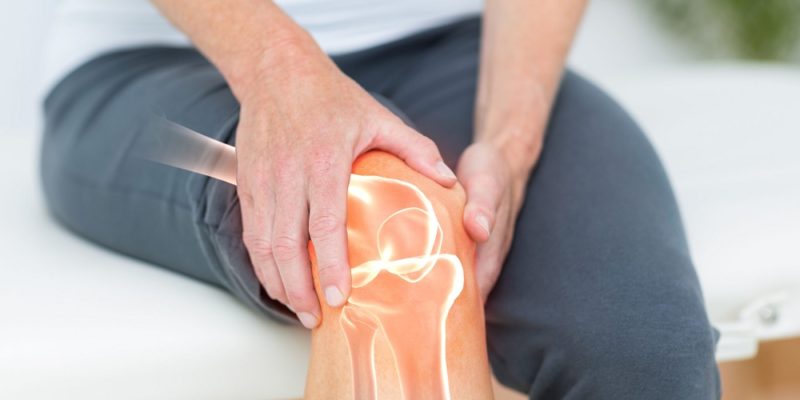Joint pain, stiffness, and swelling are symptoms of the illness known as osteoarthritis of the knee joint. The largest and strongest joints in your body may be impacted. It often affects the knees. Knee arthritis is a dangerous, disabling condition.
Even though there is no known treatment for knee arthritis, you can do some activities to lessen your symptoms and potentially limit the disease’s progression.Thighbone (femur), Shinbone (tibia) and Kneecap (patella) (patella) are the parts of the knee joint.
Each bone’s ends are covered in a supple material called cartilage. There is a cushion between the bones to prevent them from rubbing against one another. The cartilage is lubricated by the synovial membrane, a type of tissue that lines the joint.
What Kinds Of Knee Arthritis Are There?
About 100 different forms of arthritis exist. The following most typical types could impact your knees:
The most prevalent type of arthritis on this list is osteoarthritis of the knee joint (กระดูก อ่อนข้อ เข่า อักเสบ, which is the term in Thai). The cartilage that serves as a cushion between the three bones of your knee joint gets worn away by osteoarthritis.
Your bones rub against each other if you don’t have that protection. Pain, stiffness, and restricted movement may result from this. Additionally, it may cause the growth of bone spurs. As time goes on, osteoarthritis deteriorates.
Osteoarthritis includes post-traumatic arthritis. After a knee injury, the cartilage starts to thin (like an injury from a car crash or contact sport). The same symptoms of osteoarthritis are brought on by rubbing your bones: pain, stiffness, and restricted motion. Perhaps years after the injury before you begin to experience symptoms of knee arthritis.
An autoimmune condition is rheumatoid arthritis. When your immune system is functioning properly, it will create inflammation (internal or external) when defending you against infection, injury, toxin, or another foreign invader. One way your body defends itself is through an inflammatory response.
Even though there is no external invader, rheumatoid arthritis patients have a compromised immune system that causes inflammation in their joints. The swelling, stiffness, and pain that the inflammation creates in the synovial membrane can wear down your cartilage.
What Leads To Osteoarthritis Of The Knee Joint?
The possibility of certain genes causing arthritis, including knee arthritis, has been discovered by experts. Researchers believe there are still more undiscovered genes. It’s possible to have a gene associated with arthritis without awareness, and a virus or injury can cause knee arthritis.
Even though there is no recognized cause, some risk factors can lead to knee arthritis. There are Particular risk factors for osteoarthritis, including:
- Older adults experience osteoarthritis more frequently than younger adults or children.
- Your risk of developing osteoarthritis increases naturally if your bones or joints are crooked.
- Osteoarthritis may develop due to gout, another form of inflammatory arthritis.
- Knee arthritis can result from injury to the knee.
Knee osteoarthritis can develop if you put a lot of strain on your knees while jogging, participating in sports, or performing an active job.
Your knees are under extra strain if you are overweight.













Comments